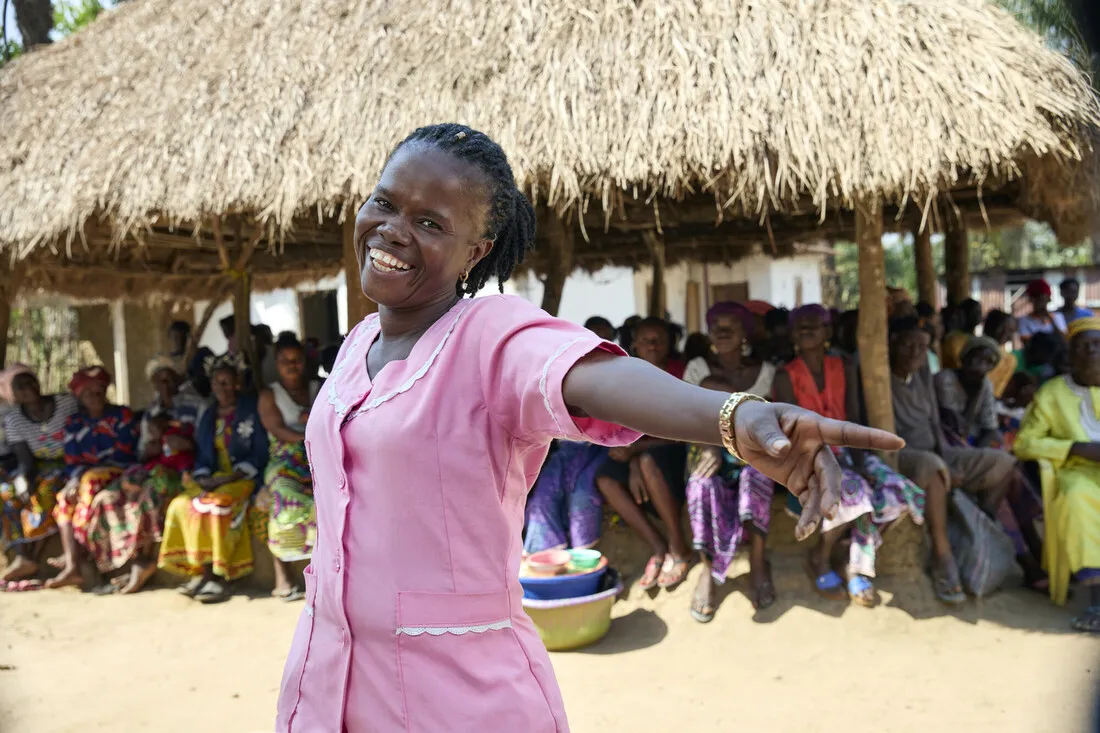This year, CARE and partners worked in 121 countries, reaching 53 million people through more than 1,450 projects.

Hunger and malnutrition remain the leading threats to public health worldwide. 820 million people will go to bed hungry tonight, and 2 billion more don’t know where their next meal is coming from. Read More
131 million girls around the world are missing out on school, and girls are 50% more likely to lose the opportunity for education than boys. Education and the right to work are the most powerful tools in overcoming extreme poverty. Read More
We cannot end poverty while inequality persists. Discrimination against women has negative implications for everyone, from global security and development, to economic performance, food security, and health. Read More